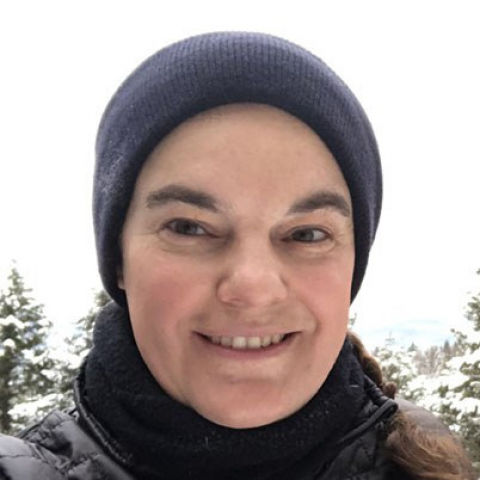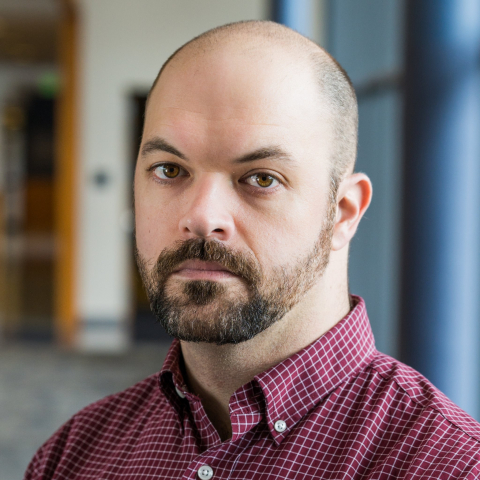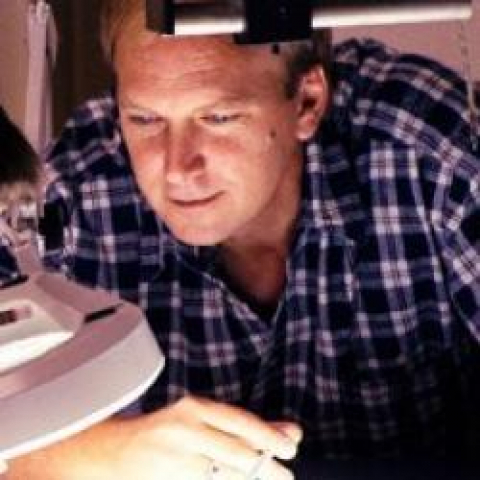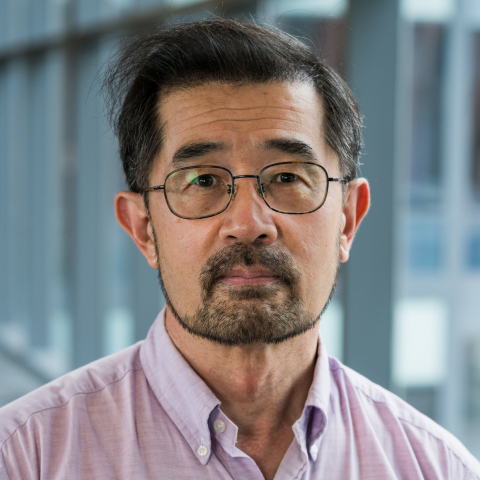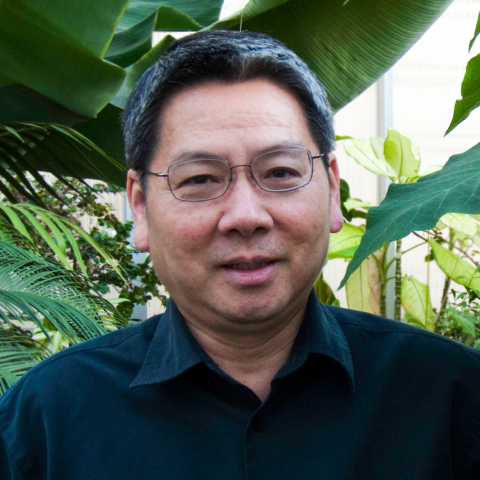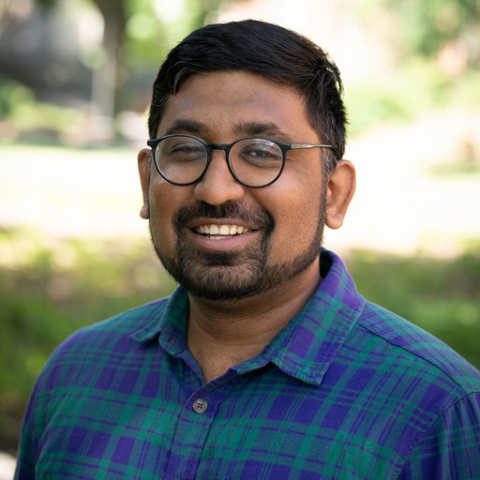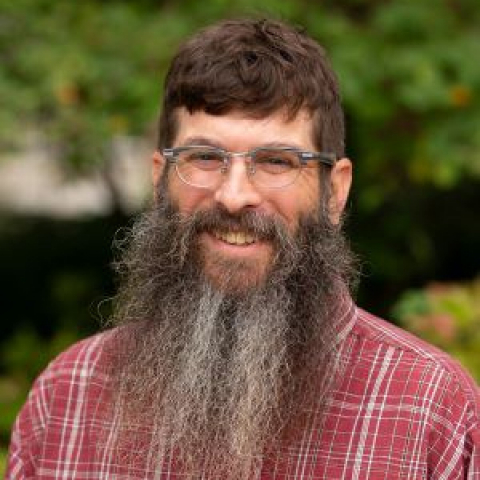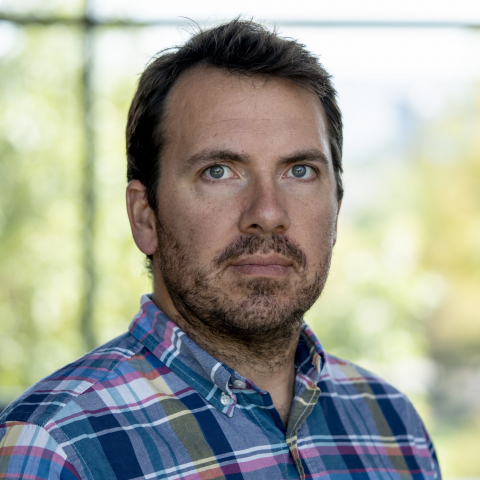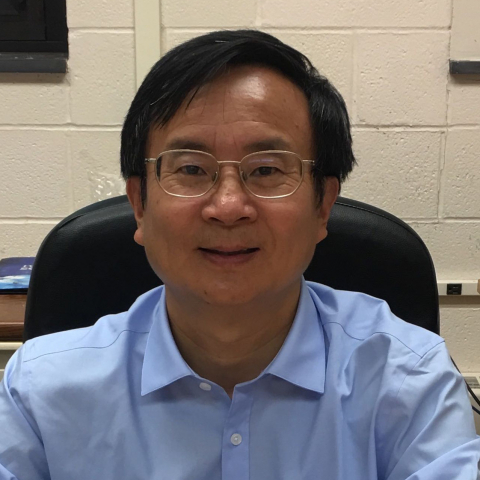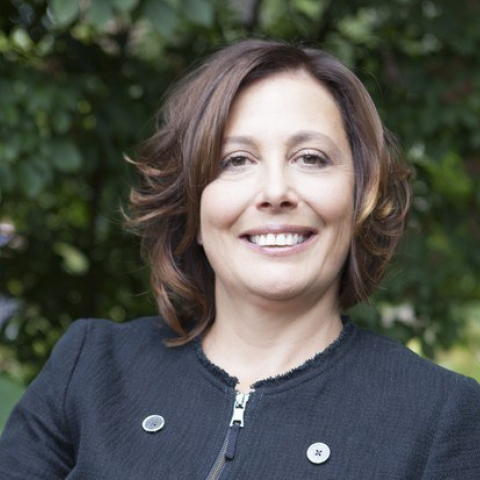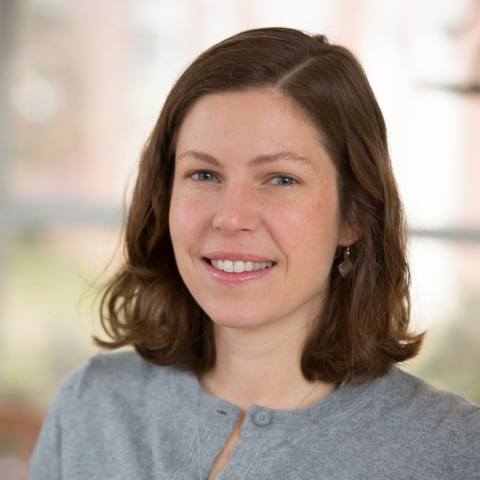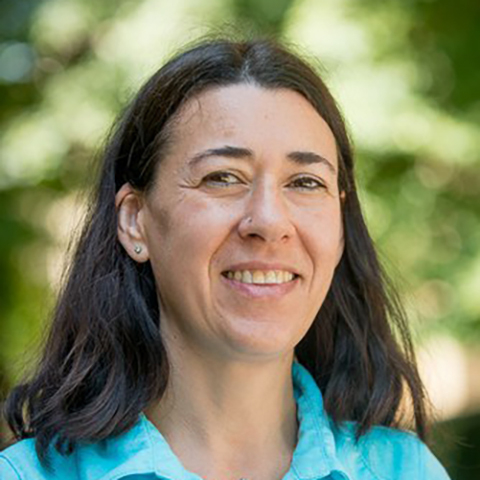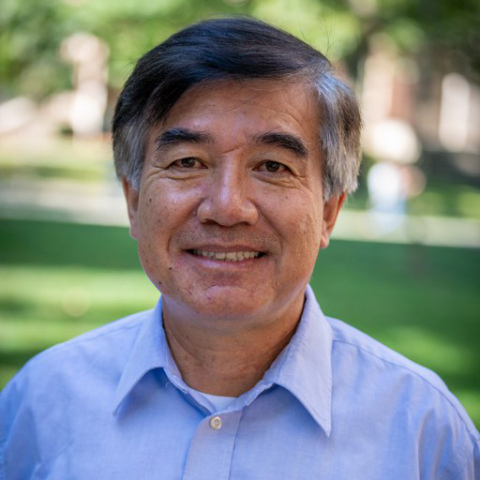Faculty
Jill Hamilton
Director of the Schatz Center for Tree Molecular Genetics; Associate Professor
Genomic basis of climate adaptation, conservation, and restoration genetics.
Kevin Hockett
Huck Early Career Chair; Associate Professor of Microbial Ecology
Biological Control, Biology and Ecology of Plant-Microbe and Plant-Environment Interactions, Microbial Ecology and Population Biology Faculty
David Huff
Professor of Turfgrass Breeding and Genetics
Population genetics. Plant evolution and ecology. Crop improvement. Physiological tolerance to biotic and abiotic stress.
Seogchan Kang
Professor of Plant Pathology & Environmental Microbiology
Genetic and cellular mechanisms underpinning plant-fungal interactions with Arabidopsis thaliana and Fusarium oxysporum as a model system. Molecular genetics and comparative genomics of fungal plant pathogens. Bioinformatics.
Teh-hui Kao
Distinguished Professor of Biochemistry and Molecular Biology
Molecular, biochemical, and structural bases of the S-RNase-based self-incompatibility system in flowering plants. F-box protein-mediated ubiquitination and degradation of proteins.
Joshua Kellogg
Emphasis Area Representative, Molecular Toxicology; Assistant Professor of Veterinary and Biomedical Sciences
Development of new metabolomics tools for chemical and biological characterization of complex systems. Discovery of new natural products from plants and microorganisms with novel bioactivity against pathogenic fungi and neglected tropical diseases. Bioanalytical techniques to probe the mechanism of action and basic biology of these target organisms. Ethnobotany and indigenous knowledge surrounding plant-based medicine.
Shanthanu Krishna Kumar
Assistant Professor of Tree Fruit
Tree fruit production. Plant growth regulators. Physiology and source-sink relationships. Crop load management. Post-harvest physiology.
Joshua Lambert
Professor of Food Science
Dietary polyphenols in prevention of obesity and fatty liver disease; efficacy and mechanisms of action of food-derived phytochemicals in prevention of lung cancer; biotransformation, bioavailability and potential hepatotoxicity of dietary phytochemicals
Impact of food and medicinal plants and phytochemicals on human health. Role of plant genetics, environmental factors, agronomic practices, and post-harvest processing in moderating the relationship between medicinal and food plants and human health
Jesse Lasky
Associate Professor of Biology
Ecological and evolutionary genomics, genetic and ecophysiological basis of adaptation to environmental stress, evolutionary ecology of biological complexity.
Hong Ma
Huck Chair in Plant Reproductive Development and Evolution; Professor of Biology
Plant development under favorable and stressful conditions; phylogeny and evolutionary biology of plant groups containing major crops and ecologically important species.
Siela Maximova
Research Professor of Plant Biotechnology Co-Director, Endowed Program in the Molecular Biology of Cocoa
Molecular basis of plant-pathogen and plant-endophyte interactions. Biotechnology of tree crops. Development of sustainable energy crops.
Timothy McNellis
Associate Professor of Plant Pathology & Environmental Microbiology
Genetics, molecular biology and physiology of plant interactions with phytopathogenic bacteria. Signal transduction events involved in plant disease resistance. Genetic control of plant hypersensitive cell death.
Gabriele Monshausen
Associate Professor of Biology
Plant cell signaling. Hormonal and mechanical signal transduction in plant growth regulation. Live cell imaging of subcellular microdomains of ionic signaling.
Tanya Renner
Associate Professor of Entomology
Evolution of chemical and structural defense. Molecular evolution, evolutionary genomics, and transcriptomics. Origins and evolution of carnivorous plants.
Cristina Rosa
Professor of Plant Pathology & Environmental Microbiology
Plant Virology, interaction of plant viruses with their insects as vectors and with their plant hosts. Virus evolution, exploration of plant viromes, viral co-infections, effect of climate change on viral resistant breaking strains. Use of nanotechnologies for virus detection and virus disease management.
Ruairidh Sawers
Associate Professor of Plant Response to Abiotic Stress
Local adaptation and stress tolerance in crop plants and their wild relatives; plant nutrition; arbuscular mycorrhizae; maize genetics and genomics.
Yinong Yang
Professor of Plant Pathology and Environmental Microbiology
Signal perception and transduction in rice-pathogen interactions. Molecular and genomic strategies for increasing disease resistance and drought tolerance in cereal crops.
Jitao Zou
Research Professor of Plant Lipid Metabolism and Abiotic Stress Response
Plant lipid metabolism. Metabolic pathway interactions and membrane lipid turnover in plants under abiotic stress. Seed development and seed oil biotechnology.
